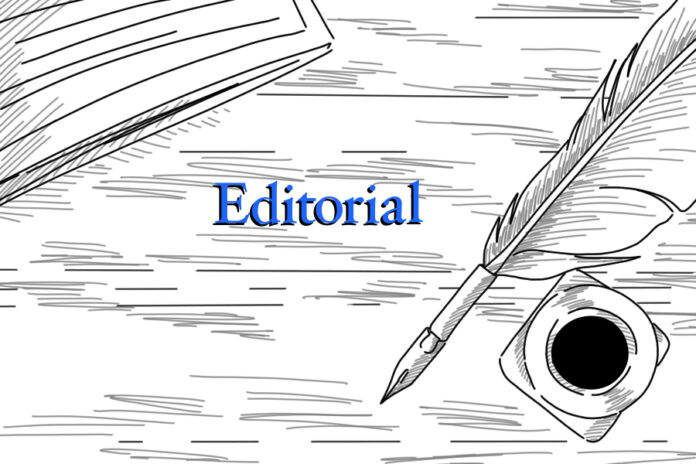SB 206 a virtuous step toward ethical compensation for student-athletes
On Sept. 30, California Governor Gavin Newsom signed Senate Bill 206, the “Fair Pay to Play Act,” into law, making California the first state to officially legalize student-athlete compensation. The law, which will take effect on Jan. 1, 2023, allows student-athletes attending any four-year college or university within the state to profit off of their own name, image and likeness (NIL) without the threat of their scholarship being revoked.
The new law directly opposes to the National Collegiate Athletic Association’s rules that prohibit student-athletes from making money off of their NIL. California has over 50 NCAA-affiliated schools, including UC Davis, that could be on the receiving end of retaliatory actions that the NCAA has threatened to take. These threats range from millions of dollars in fines to a ban on California schools from competing in national sporting events.
For the NCAA to come out completely against SB 206 is as unethical as it is foolish. The NCAA, a non-profit that rakes in upwards of $1 billion in annual revenue thanks to the student-athletes it governs, still considers maintaining the amateurism and “fairness” of college sports its top priority. Several California schools, including Stanford — home to one of the state’s more successful NCAA programs — disapprove of the legislation. Stanford, a school that paid its head football coach over $4.3 million in 2018, believes that allowing its student-athletes to be compensated would “present serious challenges” to institutions such as itself.
This law does not force the NCAA or any of its member schools to pay a dime out of their own pockets to student-athletes. Yet, since SB 206’s introduction in the state legislature in February, there has been a mountain of criticisms levied against it, including how it may compound the problems that exist in the athletics recruiting process. That’s exactly why the law as passed does not go into effect for three years. There is time for California and the NCAA to work together and make any changes both parties may deem necessary. It also leaves time for other states to consider similar legislation and join the Golden State at the bargaining table.
It will ultimately fall on the NCAA to work with states on this critical issue for college athletics. But for now, the NCAA is largely unwilling to move forward until its working group on NIL — commissioned three months after SB 206’s introduction — releases its report at the end of this month. Regardless of what the working group recommends, it is past time for the NCAA and its member schools to allow the individuals they profit from the basic right to be paid for the notoriety that they have so rightly earned, especially as these student-athletes continue to sacrifice their time, energy, bodies and livelihoods.
The UC Davis athletics department has taken tremendous strides in the realm of enriching the lives of its student-athletes. It should set an example for other universities and throw its support into athlete compensation. Under Athletic Director Kevin Blue’s leadership, the department has pioneered Aggie EVO, a program dedicated to helping Aggies build the professional skills necessary to succeed after their playing days are over. This effective program is a testament to the department’s commitment to supporting its student-athletes. But these athletes don’t just need help cultivating a lucrative financial future, they need money now to help pay for the many other critical expenses that an athletic scholarship may not cover — especially when that all-important scholarship can be revoked at any time. The Editorial Board urges UC Davis, and schools nation-wide, to seize this opportunity to put their money where their mouth is and advocate for the student-athletes from whom they profit off of.
Written by: The Editorial Board




